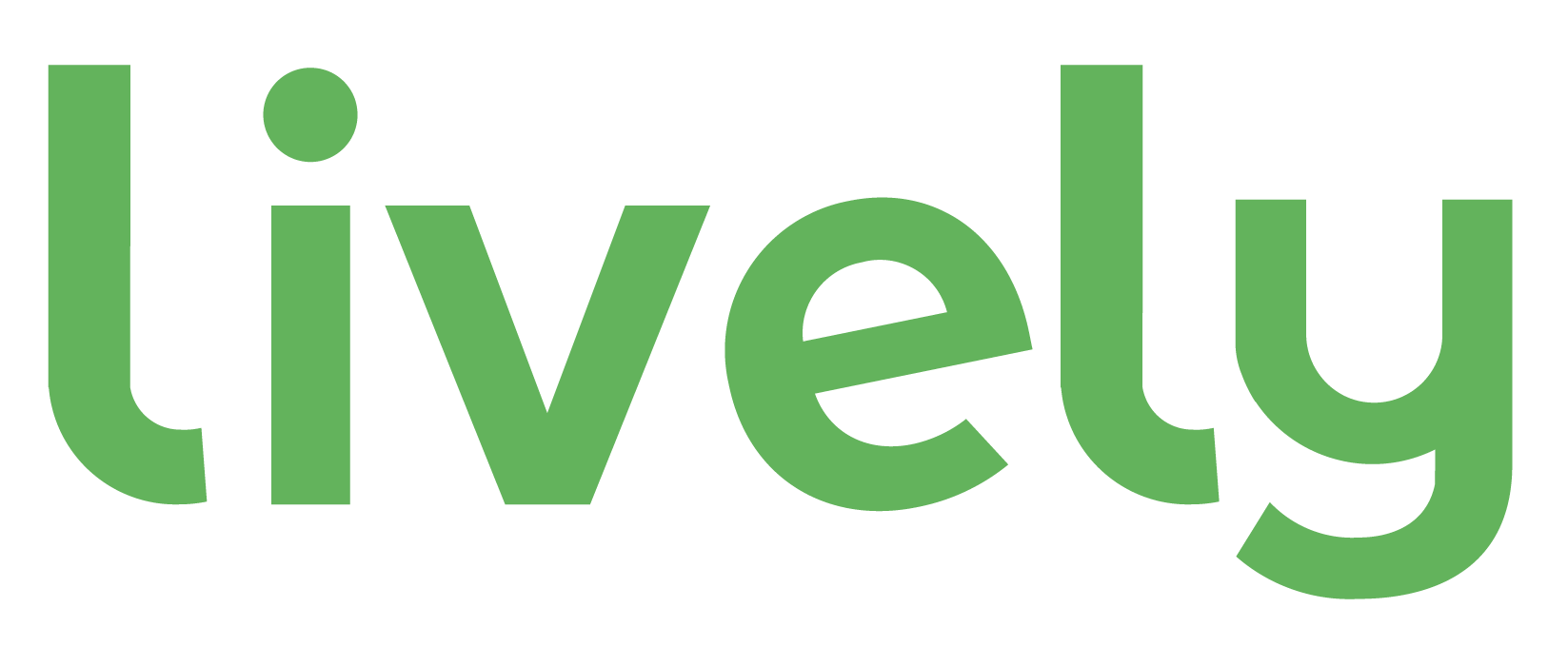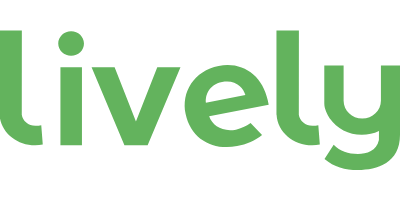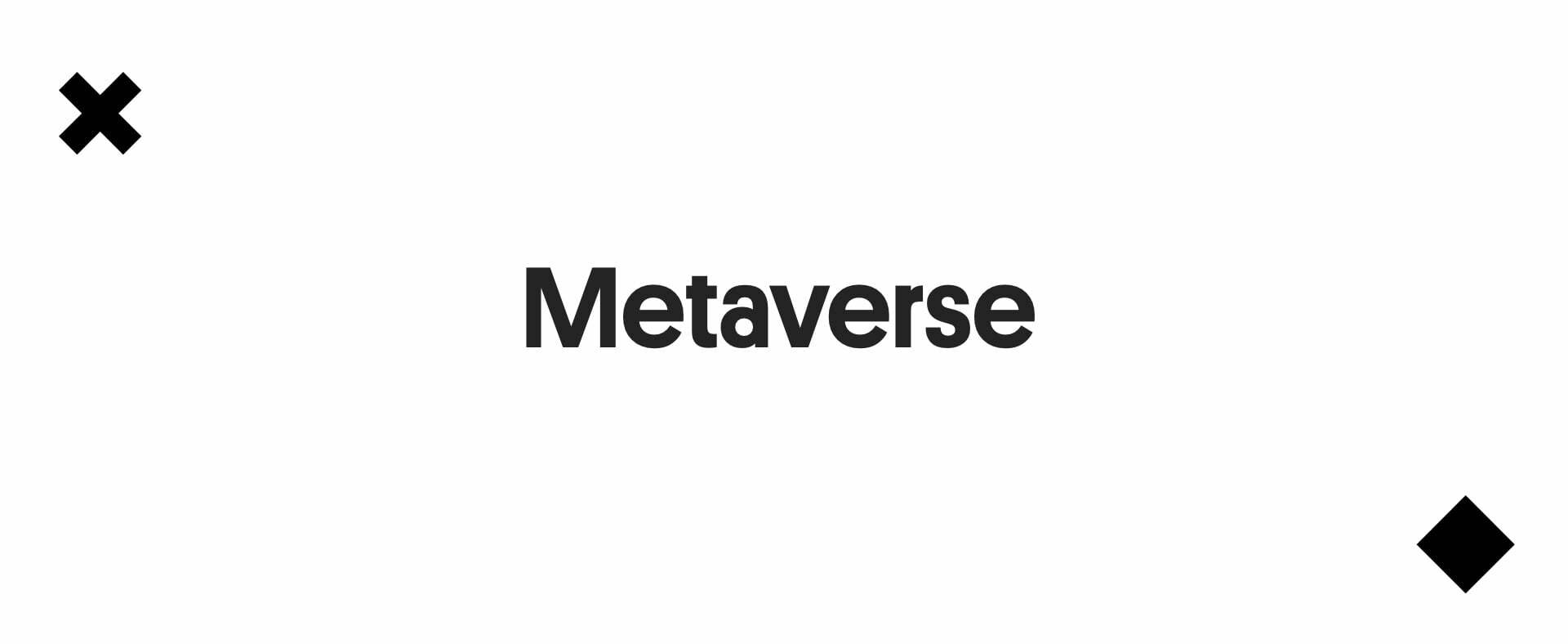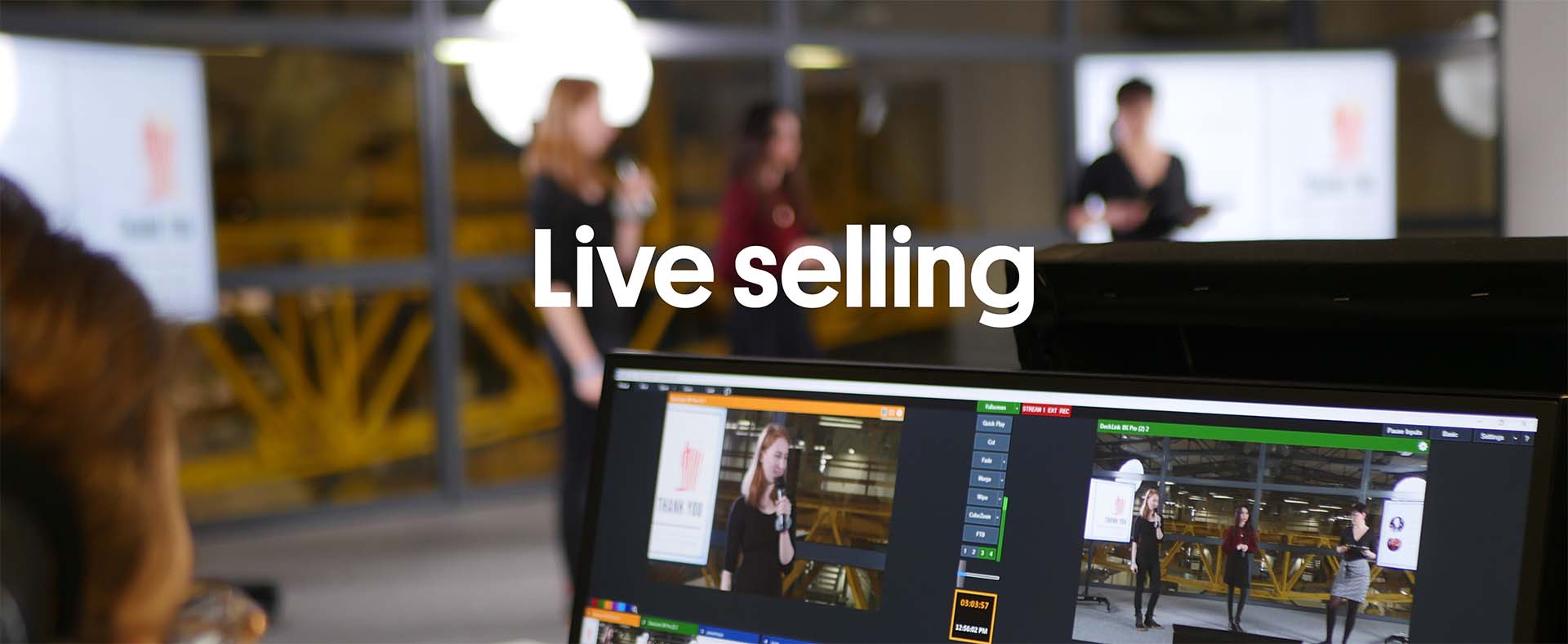
Until recently, the abbreviation NFT was understandable to a few and meant nothing to most of us. Now it is one of the top topics in the USA and other western countries. Why this sudden interest and what is it really about? We will try to briefly introduce you to this extremely interesting and colourful world inextricably linked with blockchain and cryptocurrencies.
What is NFT all about?
We are ahead of the facts and before this subject starts to break records in Poland, we want to bring you up to speed on it so that you can better understand and navigate the issue.
Let us start with what NFT is. On the one hand, it is simply a JPG file, an ordinary graphic thrown into the Internet space. On the other hand, NFT became famous when this type of graphics was sold for 70 million dollars. An impressive amount, right? How is it possible that someone is willing to pay such gigantic amounts for an image on the web?
Each token (we haven't mentioned yet that under the rather mysterious acronym there is its extension - non-fungible-token), after its purchase is issued a certificate of authenticity, which is received by only one person who paid for the token (actually one of the token types!). Regardless of how many people save an image on a computer - only one person will be its owner. For almost everyone the saved JPG file will not have any value. Except for one person - the owner of the file. This value can be huge and, what is important, it is likely to increase with time.
NFT, due to its nature as a collectible, functions a bit like a painting or sculpture in the offline world. It is no wonder that NFT has been the subject of much publicity in the UK after the British Museum, which made its debut in the token world by creating NFT inspired by top artists.
NFT in the event industry
Can this modern and still niche technology be applied to the events industry? It can and already does! If you would like to adopt NFT for your planned event, we suggest a few possibilities:
- Conference registration - held by confirming your cryptocurrency wallet address. Users receive a token and thus get a ticket to the event.
- Conference entry - participants provide their cryptocurrency wallet number and there you go... Can it be simpler?
- Certificate of participation in the conference - after the event its users receive another token. This time certifying their participation in the event. A simple way, without the need to print papers and stamps. And the token itself - of course unique and unforgeable. There is no room for misleading.
- Conference materials - no more e-mail addresses or uploading documents on your hard drives. The materials are available on a specially prepared platform. Only participants with an appropriate token will have access to it.
It is impossible not to mention the metaverse at this point. More and more events are moving to this space, and its possibilities are truly remarkable. Such events are often combined with NFT auctions, and sometimes having a token is a condition to enter the metaverse where a webinar or conference is held. Naturally obvious in this case is the need to have a crypto wallet.
#NFTCommunity
Speaking, or even thinking about NFT at all, it is impossible to ignore the issue of the community - one of the most active and engaged. Participants exchange ideas, inspiration, create, comment, talk about auctions and much, much more. There are up to several thousand posts per hour with the hashtag #NFTCommunity! If you want to get a little better feel for what we're talking about and what it's all about - be sure to visit Twitter or the increasingly popular Discord. These are two places where you will undoubtedly get a feel for the unique atmosphere in the #NFTCommunity.





